For the small business owner, digital marketer, or e-commerce enthusiast, navigating the intricate world of Pay-Per-Click (PPC) advertising is akin to handling a sophisticated machine — understand its mechanisms and you unlock the power to dramatically enhance your online presence and drive online conversions. This dynamic marketing approach, loaded with potential and nuanced strategies, can be the game-changer for many businesses looking to amplify their reach in the digital realm. From understanding the fundamentals of PPC to mastering its advanced tactics, this comprehensive guide will walk you through every aspect of creating and optimizing PPC campaigns to skyrocket your business goals.
Mục lục
- 1. Introduction to Advertising PPC
- 2. What is Advertising PPC?
- 3. Benefits of Advertising PPC for Businesses
- 4. Understanding Advertising PPC Fundamentals
- 5. Developing an Effective Advertising PPC Strategy
- 6. Maximizing the ROI of Advertising PPC
- 7. Leveraging Advertising PPC for Different Business Goals
- 8. Advanced Advertising PPC Tactics
- 9. Conclusion
Introduction to Advertising PPC
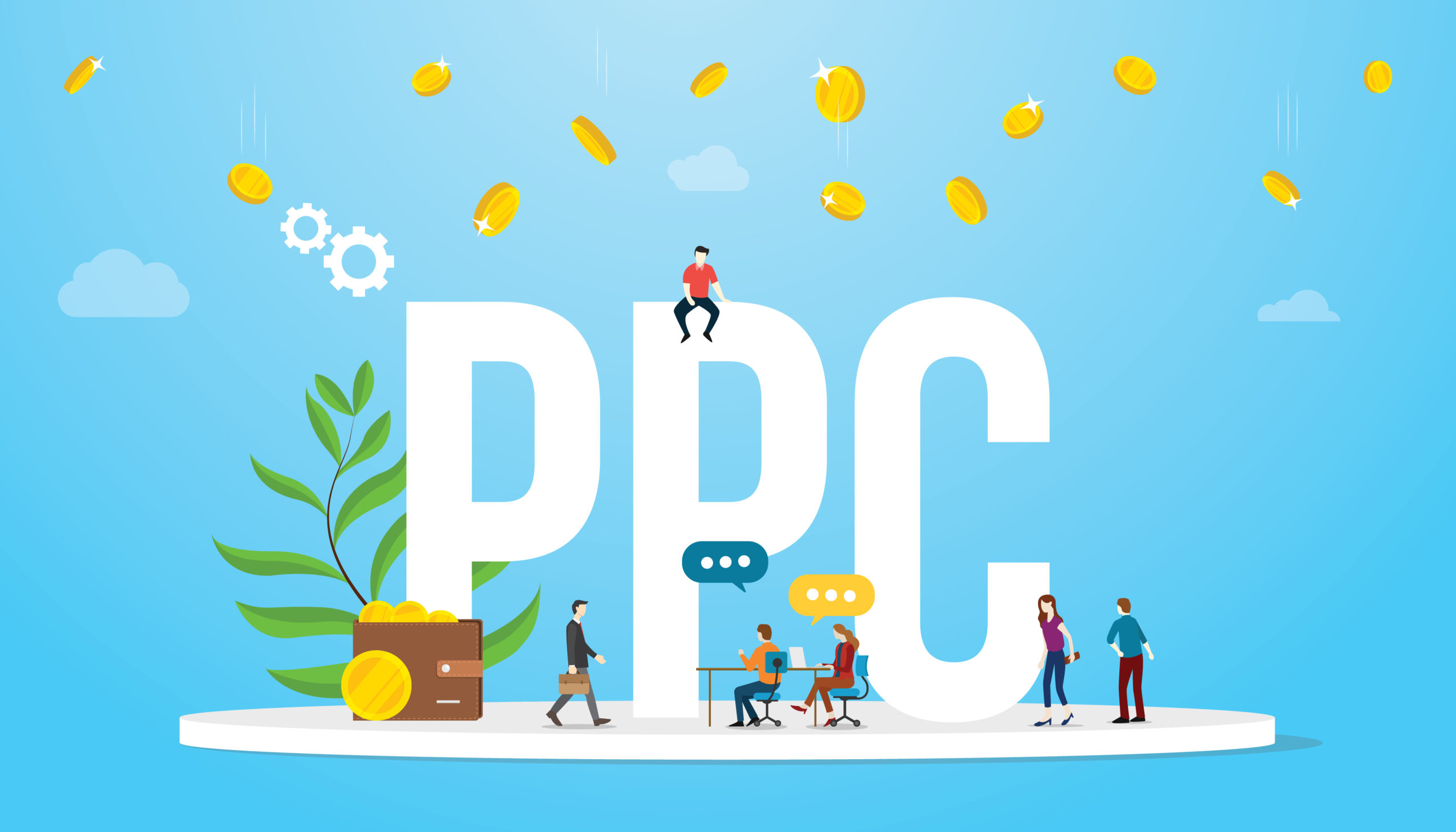
In the vast field of digital marketing, PPC remains one of the most targeted and measurable ways to drive instant and relevant traffic to your website. Unlike traditional advertising, PPC is a nuanced, data-driven approach designed to put your brand or product in front of potential customers at the exact moment they’re searching for what you offer. The ‘pay-per-click’ model means you only pay when your ad is clicked, making it a cost-effective tool, especially for small businesses with defined budgets.
Essentials of a Successful PPC Campaign
To lay the groundwork for a successful Pay-Per-Click campaign, understanding its core components is crucial. Selecting the right keywords is the bedrock of any PPC strategy, as these are the terms your potential customers use when searching for products or services like yours. Equally important is crafting compelling ad copy that resonates with your target audience, encouraging them to click through to your website. Furthermore, optimizing your landing pages to ensure they align with your ad’s promise can significantly enhance the user experience, leading to higher conversion rates.
Optimizing for Higher Conversions
Optimization is the ongoing process of refining your PPC campaigns to achieve better results. Regularly analyzing performance data allows you to make informed decisions about keyword adjustments, bid modifications, and ad creative updates. A/B testing different elements of your ads and landing pages can reveal insights into what resonates best with your audience, enabling continuous improvement. Additionally, leveraging ad extensions and targeting options can further elevate your campaign’s effectiveness by providing more information and increasing your ads’ real estate on the search results page.
What is Advertising PPC?
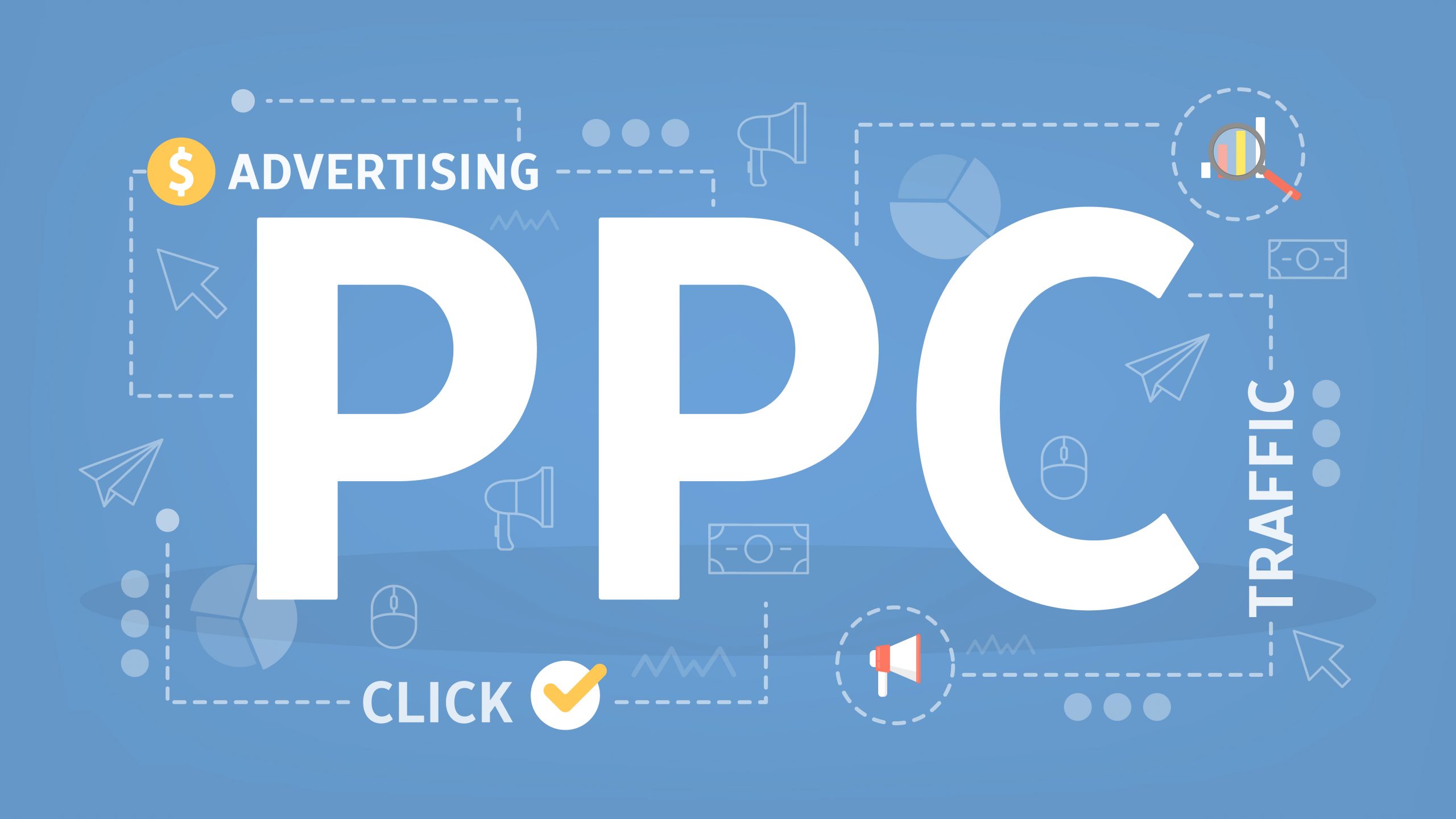
At its core, Advertising PPC is a digital marketing strategy that allows advertisers to place ads on search engines, websites, and social media platforms, where they pay a fee each time one of their ads is clicked. Essentially, it’s a way of buying visits to your site, rather than attempting to earn those visits organically. This model is particularly beneficial because it enables direct targeting of potential customers based on the keywords they search for, their demographic information, and even their browsing behaviors. With PPC, businesses have the flexibility to adjust their campaigns in real-time, refine targeting, and control costs, making it an essential tool for achieving a wide range of marketing objectives, from brand awareness to lead generation and sales conversion.
At its core, PPC is an internet advertising model where advertisers pay a fee each time one of their ads is clicked. It’s a way of buying visits to your site rather than attempting to “earn” those visits organically. Search engine advertising is one of the most popular forms of PPC, and it allows advertisers to bid for ad placement in a search engine’s sponsored links when someone searches on a keyword or phrase that’s related to their business offering.
Crafting Your PPC Strategy
Creating a comprehensive PPC strategy is essential for maximizing the return on your investment. Initially, setting clear and measurable goals is paramount. These could range from increasing website traffic to boosting sales or promoting a new product launch. Equally important is defining your target audience, understanding their online behaviors, preferences, and the keywords they might use when searching for your products or services. A thorough competitive analysis can also provide valuable insights, helping you to identify opportunities and refine your approach.
Measurement and Analysis
The ability to measure the performance of your PPC campaigns in real-time is one of its most valuable features. Utilizing tools like Google Analytics and Google Ads provides a wealth of data on clicks, impressions, click-through rates (CTR), and conversion rates. Monitoring these metrics closely will help you understand what is working and what isn’t, allowing for timely adjustments to your strategy. Regularly revising your bidding strategy, testing new keywords, and optimizing ad copy and landing pages are critical steps in enhancing your PPC campaign’s performance and achieving your marketing objectives.
Benefits of Advertising PPC for Businesses
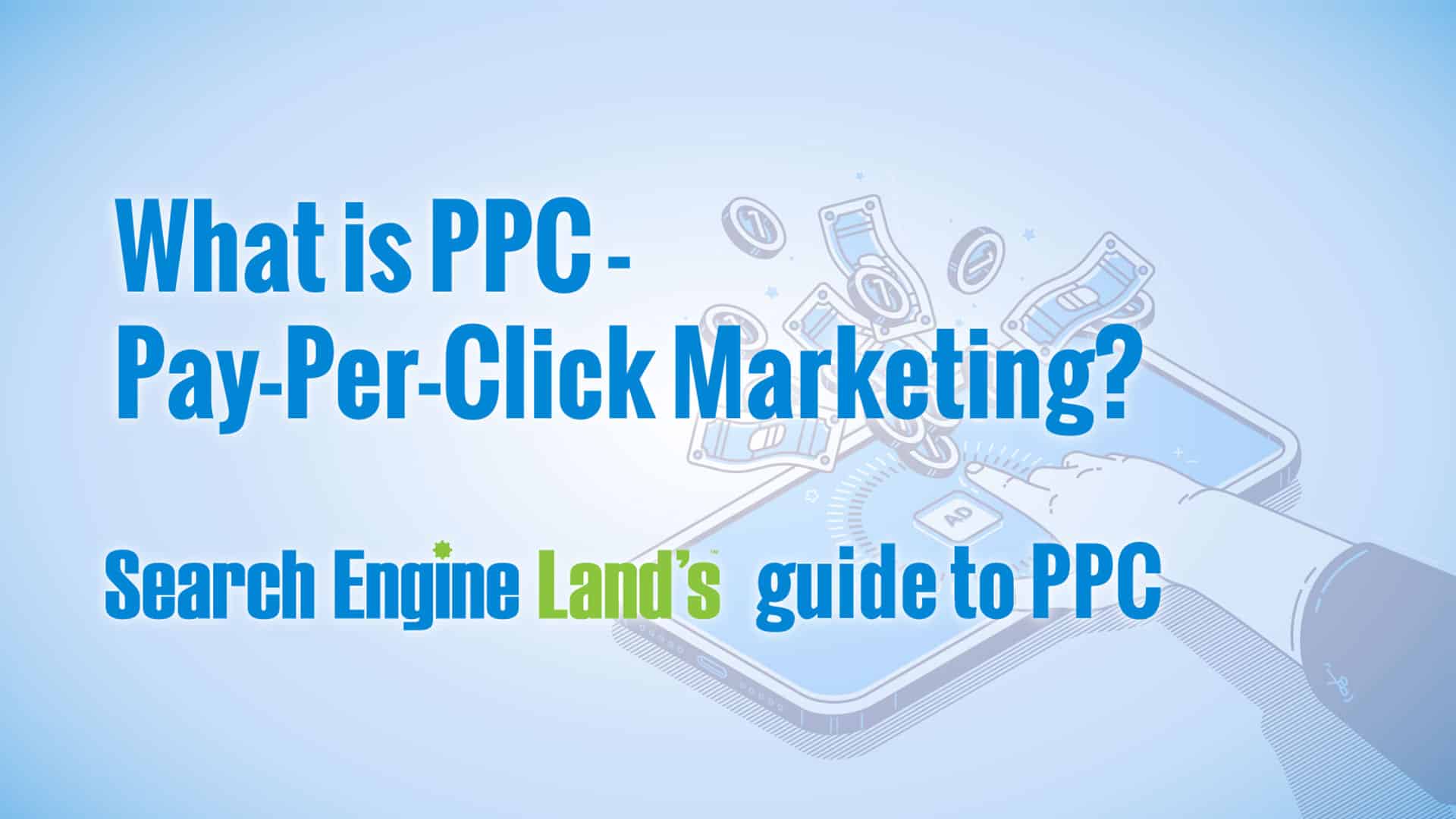
The allure of PPC lies in its ability to deliver quick and measurable results. Beyond immediate visibility, PPC offers a range of other benefits:
- Enhanced Reach: You market to people where they spend their time online — on search engines.
- Targeted Advertising: With detailed targeting options, you can ensure your ads are seen by the most relevant audience.
- Instant Impact: Unlike SEO, which takes time, PPC can generate nearly instant results.
- Measurable ROI: Trackable analytics allow you to measure and understand the impact of your campaigns.
- Scaleable: You can start small and scale up your campaigns as you see what works.
- Level Playing Field: It’s not just the big names who can benefit. A well-structured PPC campaign can yield impressive results for small businesses too.
Understanding Advertising PPC Fundamentals
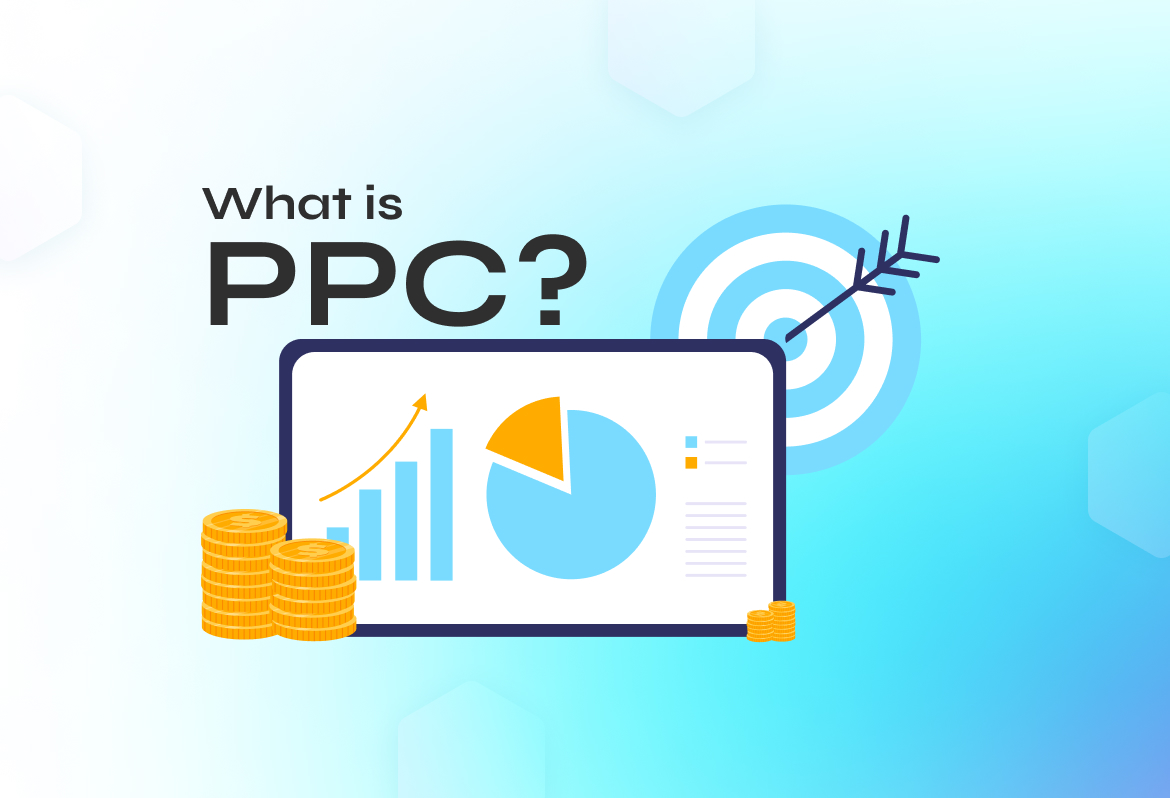
Before launching into the intricacies of PPC campaigns, it’s essential to grasp some fundamental concepts that underpin this advertising model. The most critical are keywords, Ad Copy, Quality Score, and landing pages.
- Keywords are the foundation of PPC advertising. They are the terms or phrases users enter into search engines when looking for products or services. Selecting the right keywords is crucial for targeting your ads to the most relevant audience.
- Ad Copy is the text portion of your PPC ad. This should be compelling and direct, effectively communicating the value proposition of what you’re offering, and prompting the viewer to take action.
- Quality Score is a metric used by search engines to determine the relevance and quality of your PPC ads and keywords. A higher Quality Score can result in lower costs per click and better ad positions.
- Landing Pages are the web pages users are directed to after clicking on your ad. These need to be optimized for conversion, providing a seamless user experience and relevant content that matches the promise made in the ad copy.
Understanding these elements and how they interact is essential for creating effective PPC campaigns. Each component must be meticulously planned and optimized to ensure your PPC efforts lead to successful outcomes.
Before you can master PPC, it is crucial to understand its fundamental elements.
Key Components of an Advertising PPC Campaign
Key components form the backbone of any successful Advertising PPC campaign. Recognizing and optimizing these elements can dramatically improve your campaign’s effectiveness, leading to better performance and higher ROI.
- Campaign Structure: Your campaign’s structure is critical for its success. It involves organizing your ad groups based on similar themes or products, allowing for more targeted ad copy and keywords.
- Ad Groups: Within each campaign, ad groups are organized around a single theme or product. This allows for highly relevant ad copy and keywords, improving the chances of your ad being clicked.
- Bid Strategy: Choosing the right bid strategy is essential. Whether it’s manual bidding or automated bidding strategies like Cost-Per-Acquisition (CPA) or Enhanced Cost-Per-Click (ECPC), your bid strategy can significantly affect your campaign’s cost-efficiency and success.
- Ad Extensions: Ad extensions provide additional information and ways to interact with your ad, such as call buttons, location information, or links to specific parts of your website. They can increase your ad’s visibility and click-through rate.
- Conversion Tracking: To optimize PPC campaigns effectively, it’s critical to track actions that users take after clicking on your ads. Conversion tracking tools allow you to see which ads, keywords, and campaigns are driving valuable customer activity.
- Negative Keywords: Utilizing negative keywords can help to exclude search terms that are not a good match for your product. This increases the relevance of your ads and improves your campaign’s quality score.
Understanding and implementing these key components with careful planning and continuous optimization is crucial to developing Advertising PPC campaigns that reach their full potential, driving targeted traffic, and generating conversions efficiently.
A successful PPC campaign is more than just an ad you put money behind. It’s a holistic strategy that encompasses several crucial aspects:
Keyword Research
Understanding what keywords your target audience uses when searching for products or services like yours is the first step to a successful PPC campaign. Thorough keyword research ensures your ads will be shown to the right audience.
Ad Targeting
Narrowing down your audience is as important as casting a wide net. Effective ad targeting allows you to reach the demographics, behaviors, and locations of your prospective customers.
Bid Strategies
Strategically setting your bids can maximize your return on investment while ensuring your ad gets the exposure it needs.
Ad Creatives
Your ad’s creative elements are what will interact with your potential customers. Compelling copy and appealing visuals are non-negotiable.
Developing an Effective Advertising PPC Strategy
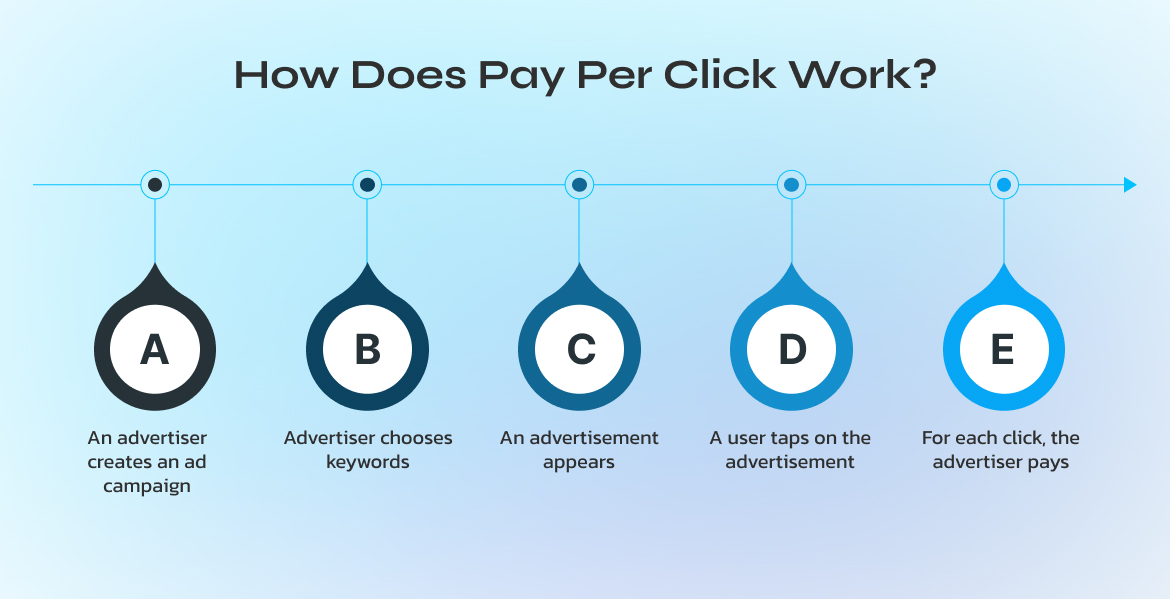
Developing an effective Advertising PPC strategy requires a blend of creativity, analytics, and ongoing optimization. Begin by setting clear, measurable objectives for what you hope to achieve, such as increasing website traffic, generating leads, or boosting sales. These goals will guide your campaign setup, from choosing the right platforms to targeting the appropriate audiences.
Next, focus on crafting compelling ad creatives that resonate with your target audience. Utilize the insights gained from your keyword research to design ads that speak directly to the needs and interests of your potential customers. Remember, the goal of your ad copy and visuals is not just to attract attention, but to encourage meaningful engagement that leads to conversion.
Ongoing analysis and optimization are key to sustaining the success of your PPC campaigns. Regularly review your campaigns’ performance data to identify areas for improvement, such as adjusting bids, refining targeting, or tweaking ad copy. Additionally, testing different elements of your ads (A/B testing) can provide valuable insights into what works best with your audience.
Finally, integrate your PPC efforts with your broader marketing strategy for a cohesive approach. This ensures that your PPC campaigns complement your other marketing activities, providing a consistent message across all channels and maximizing the overall impact of your marketing efforts.
By following these steps and remaining committed to tracking, analysis, and optimization, you can develop an Advertising PPC strategy that not only meets but exceeds your marketing objectives.
Crafting a strategy that aligns with your business goals and engages with the right audience is key to success in the competitive world of PPC advertising.
Setting Clear Campaign Objectives
What do you want to achieve with your PPC campaign? Clear objectives could be increasing website traffic, boosting sales, or improving brand recognition. Each objective will require a different approach.
Conducting Competitor Analysis
Understanding how your competitors are using PPC can provide valuable insights into what works within your industry and what doesn’t.
Identifying Relevant Keywords and Phrases
Identifying high-converting keywords and phrases will help you target an audience that’s most likely to engage with your ads.
Crafting Compelling Ad Copy
Your ad copy should be not only persuasive but also informative and relevant. It must resonate with your audience and clearly communicate the benefits of your offering.
Optimizing Landing Pages for Conversion
Your landing page is the final destination of your PPC traffic; it needs to be optimized for conversions. A strong call to action, compelling headlines, and relevant content are essential.
Maximizing the ROI of Advertising PPC
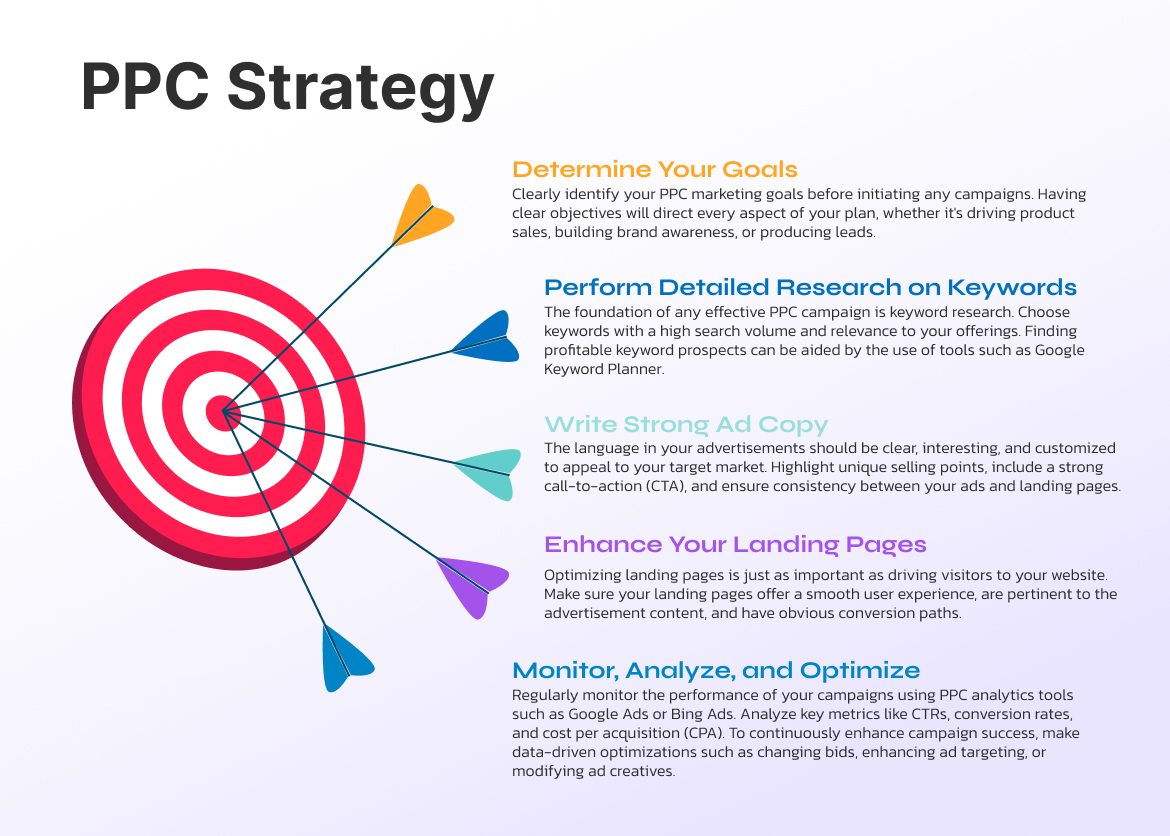
Maximizing the return on investment (ROI) of Advertising PPC campaigns requires a meticulous approach to monitoring, evaluating, and fine-tuning various elements of your ads. A significant part of achieving a high ROI is constant testing and optimization. A/B testing, or split testing, is particularly effective in this regard. It involves creating two versions of your ad or landing page, with slight variations in elements such as the headline, call to action, or image. By directing traffic to these variations and analyzing which one performs better, you can continually refine your campaigns to improve their effectiveness.
Another crucial factor in maximizing ROI is leveraging analytics and data. Tools like Google Analytics provide a wealth of information about how users interact with your ads and website. By examining metrics such as click-through rate (CTR), conversion rate, and cost per conversion, you can gain insights into what’s working and what’s not. This data-driven approach enables you to allocate your budget more effectively, focusing your spend on high-performing keywords, ad creatives, and targeting options.
Additionally, staying up-to-date with the latest PPC trends and platform updates is essential. The digital advertising landscape is constantly evolving, with new features, formats, and strategies emerging regularly. Staying informed and being willing to experiment with new approaches can give you an edge over competitors and help uncover more cost-efficient ways to achieve your campaign goals.
In conclusion, maximizing the ROI of Advertising PPC is an ongoing process of testing, learning, and adjusting. By focusing on data, continually refining your approach, and staying agile in the face of industry changes, you can significantly enhance the effectiveness of your PPC campaigns and achieve a better return on your advertising spend.
An optimized PPC campaign can yield a tremendous return on investment. Here’s how you can ensure your campaign is working at its full potential.
Tracking and Analyzing Campaign Performance
Data is your best friend in the PPC world. Regularly tracking your campaign’s performance can provide insights into what’s working and what isn’t.
Adjusting Bids and Budgets
Continuous bidding and budget management can help you stay competitive and ensure your campaigns are delivering the best possible return on investment.
Implementing A/B Testing
Testing different ad elements like headlines, ad copy, and landing pages can help you understand what messaging resonates best with your audience and results in higher conversion rates.
Leveraging Retargeting and Remarketing
Retargeting allows you to re-engage with visitors who left your website without converting, while remarketing involves showing banner ads to users who’ve previously interacted with your site.
Leveraging Advertising PPC for Different Business Goals
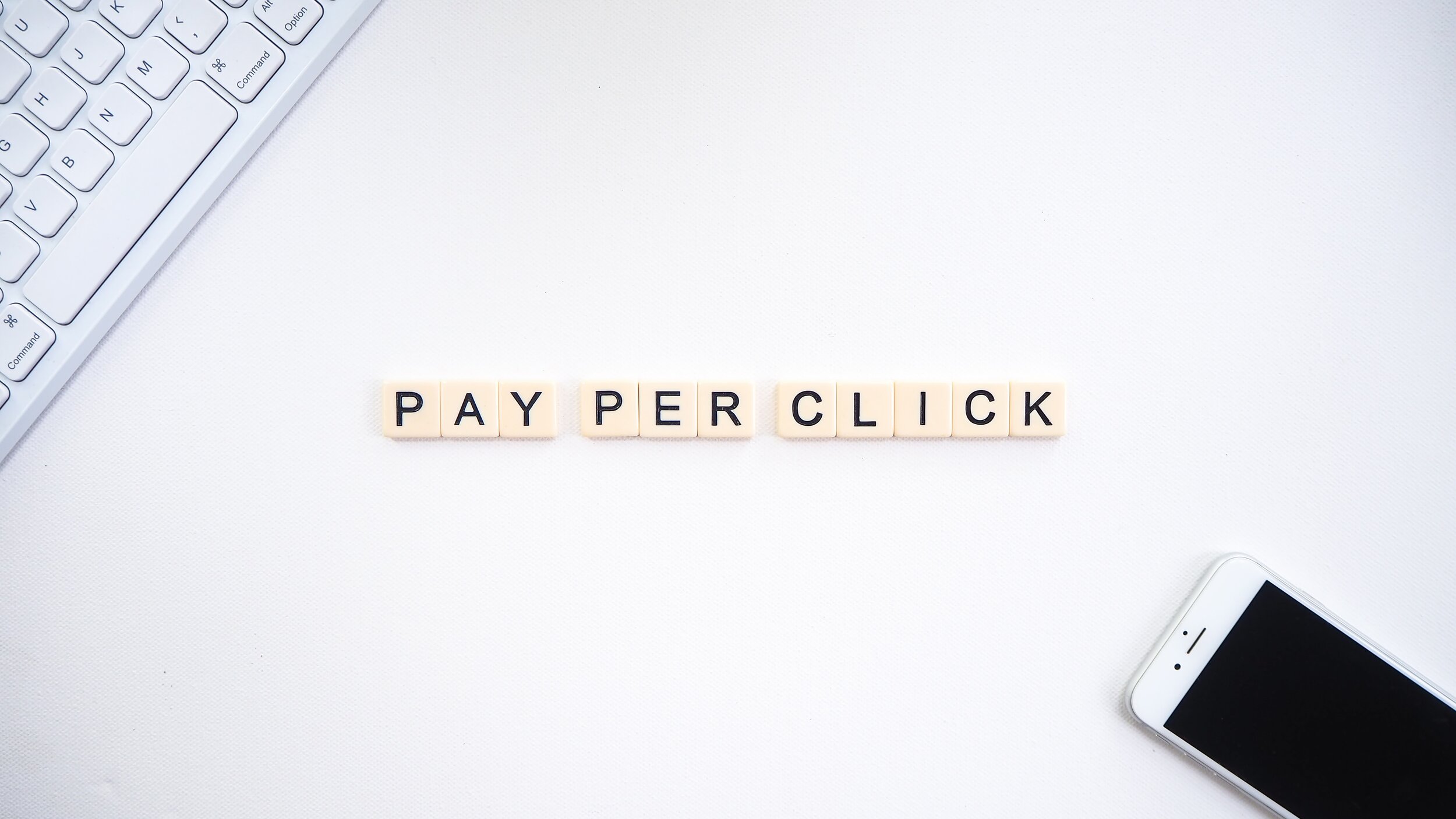
Every business has unique goals and PPC can be tailored to achieve various objectives.
Lead Generation
Use opt-in forms or compelling offers in your ads to capture leads and grow your email list.
Ecommerce Sales
Leverage dynamic product ads and special offers to entice customers to purchase directly from your ads.
Increasing Brand Awareness
For businesses aiming to boost brand recognition, PPC campaigns can significantly increase visibility among the target audience. Utilizing display ads and sponsored content across search engines and social media platforms can position your brand in front of thousands, if not millions, of potential customers. Crafting creative, memorable ads that resonate with your audience’s interests and needs can help in building a strong brand identity and awareness. Coupling PPC with a solid SEO strategy can amplify your visibility, allowing you to dominate both organic and paid search results.
Brand Awareness
Boost your brand’s reach with engaging, non-sales focused content that entices users to learn more about your products or services.
Drive Website Traffic
Drive qualified traffic to your site by focusing on high-volume, low-competition keywords with strong search intent.
Advanced Advertising PPC Tactics
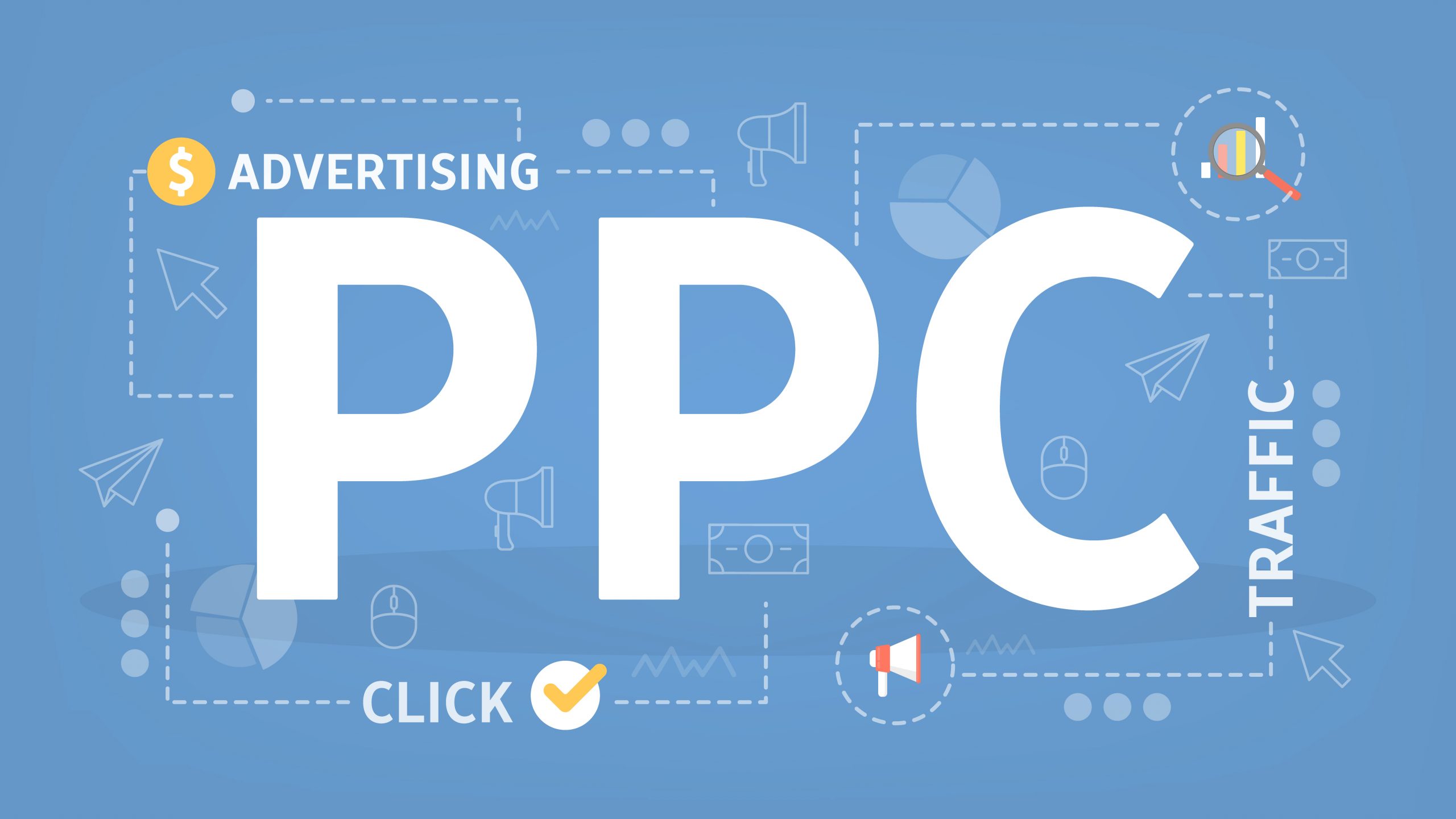
For businesses looking to take their PPC to the next level, implementing advanced tactics can provide a competitive edge.
Implementing Geo-Targeting
Refine your targeting by showing your ads to people in a specific geographic location. This is particularly effective for local businesses.
Utilizing Dynamic Ads
Dynamic ads automatically show the right products or services to people who’ve been on your website or app based on what they were interested in.
Integrating Advertising PPC with Other Marketing Channels
PPC doesn’t exist in a vacuum. Integrating it with other marketing channels can amplify your efforts and create a cohesive customer experience.
Exploring Emerging Advertising PPC Platforms
While Google Ads and Facebook are the heavy hitters, don’t overlook emerging platforms like LinkedIn or Reddit, which might offer untapped potential for your business.
Staying Ahead of the Curve in Advertising PPC
The PPC landscape is constantly evolving. Staying abreast with the latest developments is crucial for long-term success.
Monitoring Industry Trends and Updates
Stay informed about changes and new features within the major PPC platforms as well as broader shifts in consumer behavior.
Adapting to Algorithm Changes
Search engine and social media algorithms can significantly impact your PPC performance. Be prepared to pivot your strategy when necessary.
Continuous Optimization and Experimentation
Never consider your PPC campaigns ‘finished.’ There’s always room to optimize and experiment with new approaches to improve your results.
Conclusion

Mastering PPC advertising can open doors to a world of online opportunities. By following the strategies laid out in this guide, you’ll be equipped with the knowledge to create not just an average PPC campaign, but one that’s laser-focused, results-driven, and capable of propelling your business to new heights. Remember that success in PPC is a combination of art and science — it’s about creatively engaging with your audience while meticulously analyzing and adjusting your approach based on data.
To elevate your PPC game, commit to ongoing learning, experimentation, and adaptation. The digital marketing space is dynamic, and so should be your approach to PPC. With the right mindset and resources, you can turn PPC from a mere marketing channel into a potent business accelerator. And as you venture deeper into the art of PPC advertising, always keep in mind that while mastery takes time, every step you take brings you closer to unlocking its full potential. Happy advertising, and may your clicks be many and your conversions robust.
